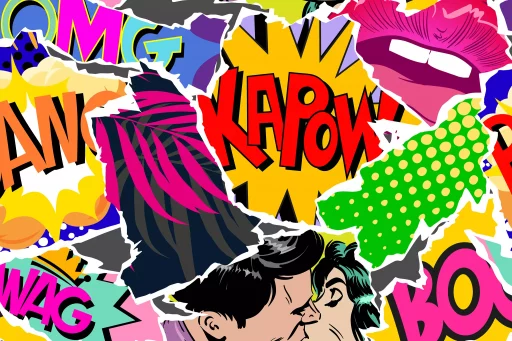Introduction to Puerto Rican Slang
Puerto Rican slang, often referred to as “jerga,” is a vibrant and integral part of the island’s culture and identity. It reflects the rich tapestry of history and influences that have shaped the Spanish spoken in Puerto Rico. With its roots in the Taíno language, Spanish, African dialects, and English, Puerto Rican slang is a dynamic and evolving form of expression.
The Influence of History on Slang
The history of Puerto Rico is marked by colonial rule, Indigenous cultures, African slavery, and American influence, all of which have contributed to the linguistic nuances found within Puerto Rican slang. Each wave of influence introduced new words and expressions that resonate with the everyday life of Puerto Ricans.
Common Puerto Rican Slang Terms
Puerto Rican slang includes a variety of terms that can sound foreign to those not familiar with them. Here are some of the most common expressions:
- ¡Wepa! – An expression of excitement, similar to saying “Yay!”
- ¡Nítido! – Used to describe something that is cool or awesome.
- ¡Qué brutal! – A phrase expressing amazement or approval, akin to “That’s wicked!”
- Chévere – A general term for something that is nice, cool, or agreeable.
- Bochinche – Gossip or a social gathering where gossip happens.
Case Study: The Evolution of Slang Among Youth
In recent decades, Puerto Rican youth have been vital in transforming and evolving the slang used in daily conversation. Social media platforms, particularly Twitter and Instagram, have facilitated the rapid dissemination of new words and phrases among the younger generations.
For example, the term “perreo” has gained popularity, particularly in the reggaeton music scene. Originally associated with a provocative dance style, it has transcended to label a sense of empowerment and freedom of expression among youth. According to a survey by the University of Puerto Rico, over 70% of young people reported using this term regularly.
Puerto Rican Slang in Popular Culture
Puerto Rican slang has made its way into popular culture, especially through music, television, and film. Reggaeton and trap artists have embraced these expressions in their lyrics, which resonate with both local and international audiences.
- Artists like Bad Bunny and J Balvin have popularized Puerto Rican slang globally, leading to increased interest in the culture.
- Television series such as “El Churo” incorporate everyday slang, bringing a comedic portrayal of Puerto Rican life that includes the use of jerga.
- Films like “In the Heights” showcase the Puerto Rican experience and often integrate local slang into dialogue for authenticity.
The Impact of Puerto Rican Slang on Identity
Slang is a critical marker of identity for many Puerto Ricans. It fosters a sense of belonging and community while simultaneously signaling cultural heritage. For Puerto Ricans living on the mainland U.S., particularly in urban centers like New York and Chicago, slang serves as a bridge to their roots and a means of connecting with family and friends.
Moreover, the continued evolution of slang allows Puerto Ricans to assert their identity in an increasingly globalized world. The adaptation and adoption of English slang by young Puerto Ricans also reflects the cultural fusion that defines the island’s youth.
Statistics on Language and Communication
A study conducted by the Instituto de Cultura Puertorriqueña found that:
- Approximately 85% of Puerto Ricans use some form of slang in their daily conversations.
- 99% of youth aged 14-24 report being proud of their usage of Puerto Rican slang as a form of cultural identity.
- Over 60% of respondents cited the influence of music and social media as critical factors in their slang vocabulary development.
Conclusion
Puerto Rican slang is more than just an informal way of speaking; it encapsulates the unique heritage, cultural history, and identity of Puerto Ricans. As it continues to evolve, it will undoubtedly reflect the changes in society and the enduring spirit of the Puerto Rican people. Understanding and appreciating this linguistic landscape allows us to engage more deeply with the vibrant culture of Puerto Rico.





